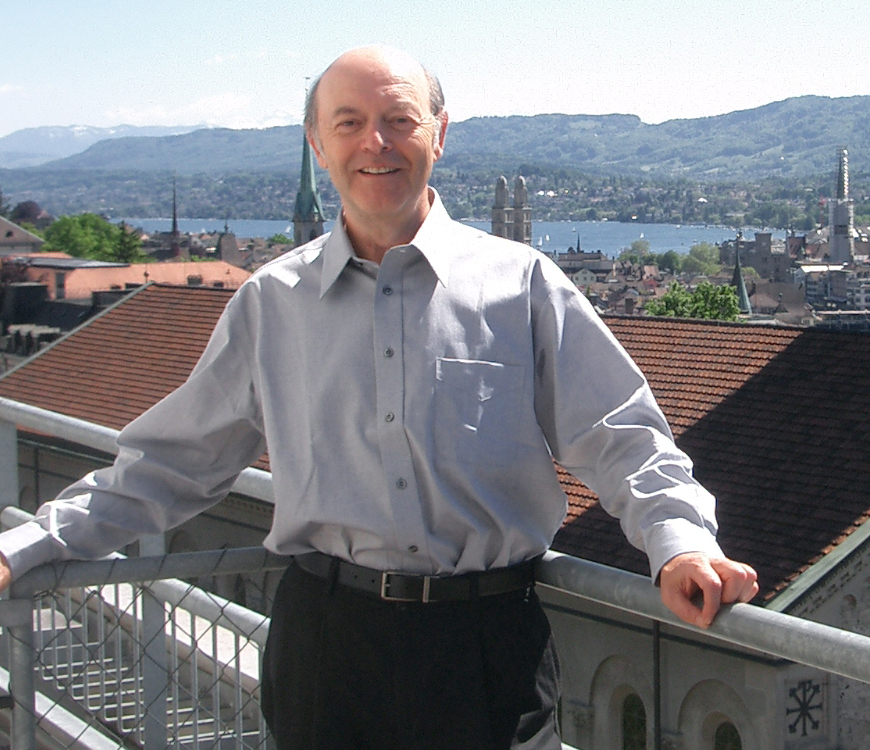Yuri Gurevich named AAAS Fellow
Gurevich is recognized for his distinguished contributions to logic, particularly finite model theory, and the development of abstract state machines.

 Enlarge
Enlarge
Emeritus Professor Yuri Gurevich has been elected a 2020 Fellow of the American Association for the Advancement of Science for his “distinguished contributions to logic, particularly finite model theory, and the development of abstract state machines.”
Gurevich was educated in the Soviet Union, and taught in Israel before coming to the United States. The best known work of his Soviet period is on the classical decision problem. In Israel, Gurevich worked with Saharon Shelah on monadic second-order theories. The Forgetful Determinacy Theorem of Gurevich–Harrington is of that period as well.
In 1982-98, Gurevich taught at the University of Michigan. As far as this period is concerned, he is best known for his work on finite model theory, average-case complexity theory and especially for the invention of abstract state machines (ASMs) and developing the ASM theory. ASMs simulate arbitrary algorithms on their native abstraction levels.
The following 20 years, Gurevich spent at Microsoft Research where his group built an ASM-based tool which helped Microsoft when the EU demanded various high-level executable specifications from Microsoft. Later Gurevich worked on access control, various privacy and security projects, and on quantum computing.
Gurevich is an ACM Fellow, a Guggenheim Fellow, a member of Academia Europaea, and Dr. Honoris Causa of Hasselt University in Belgium and of Ural State University in Russia. In 2014 he became one of ten inaugural fellows of the European Association for Theoretical Computer Science.
The tradition of electing AAAS Fellows began in 1874. Since then, the recognition has gone to thousands of distinguished scientists, such as inventor Thomas Edison, elected in 1878, sociologist W. E. B. Du Bois (1905), anthropologist Margaret Mead (1934), computer scientist Grace Hopper (1963), physicist Steven Chu (2000), and astronaut Ellen Ochoa (2012).
 MENU
MENU 
